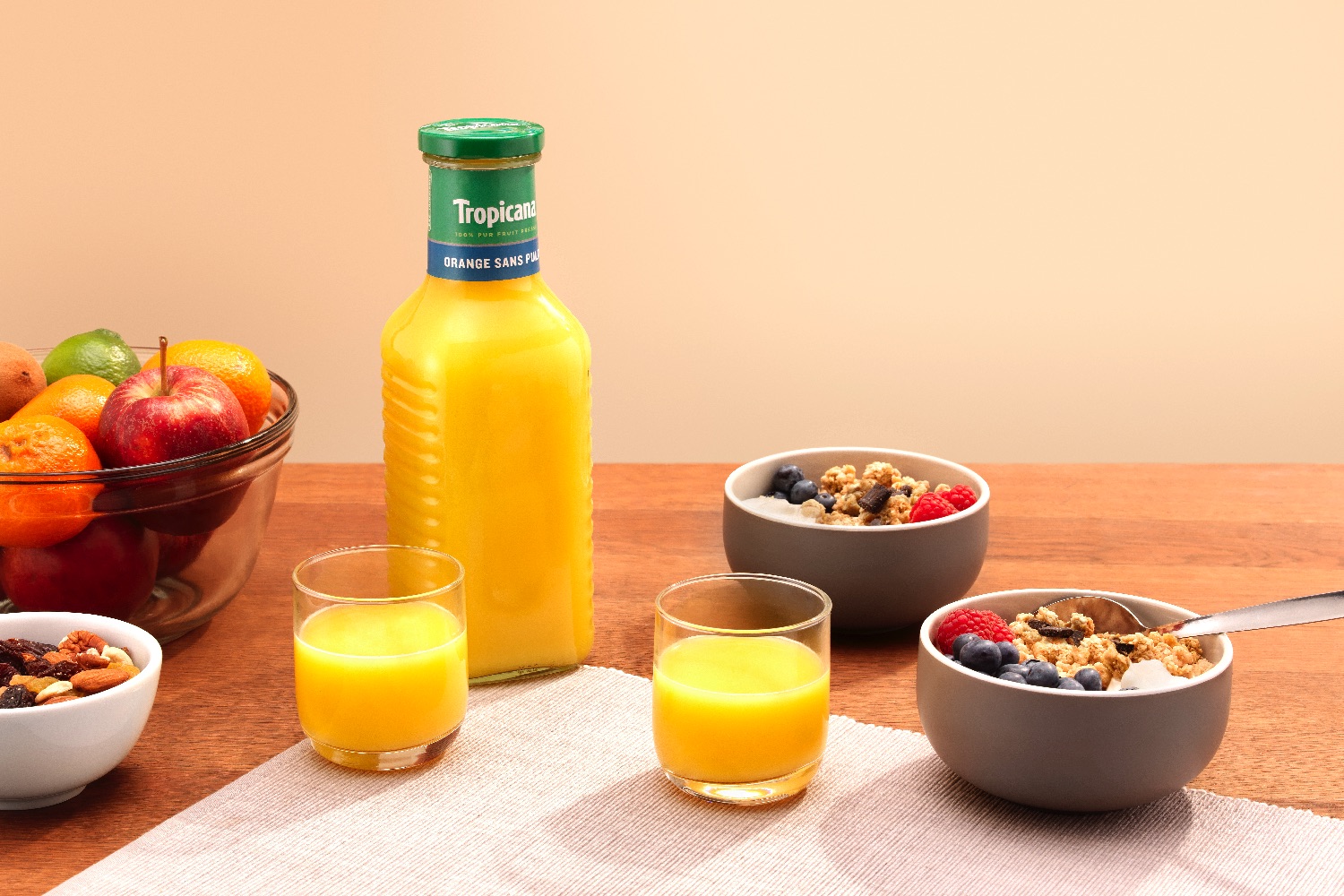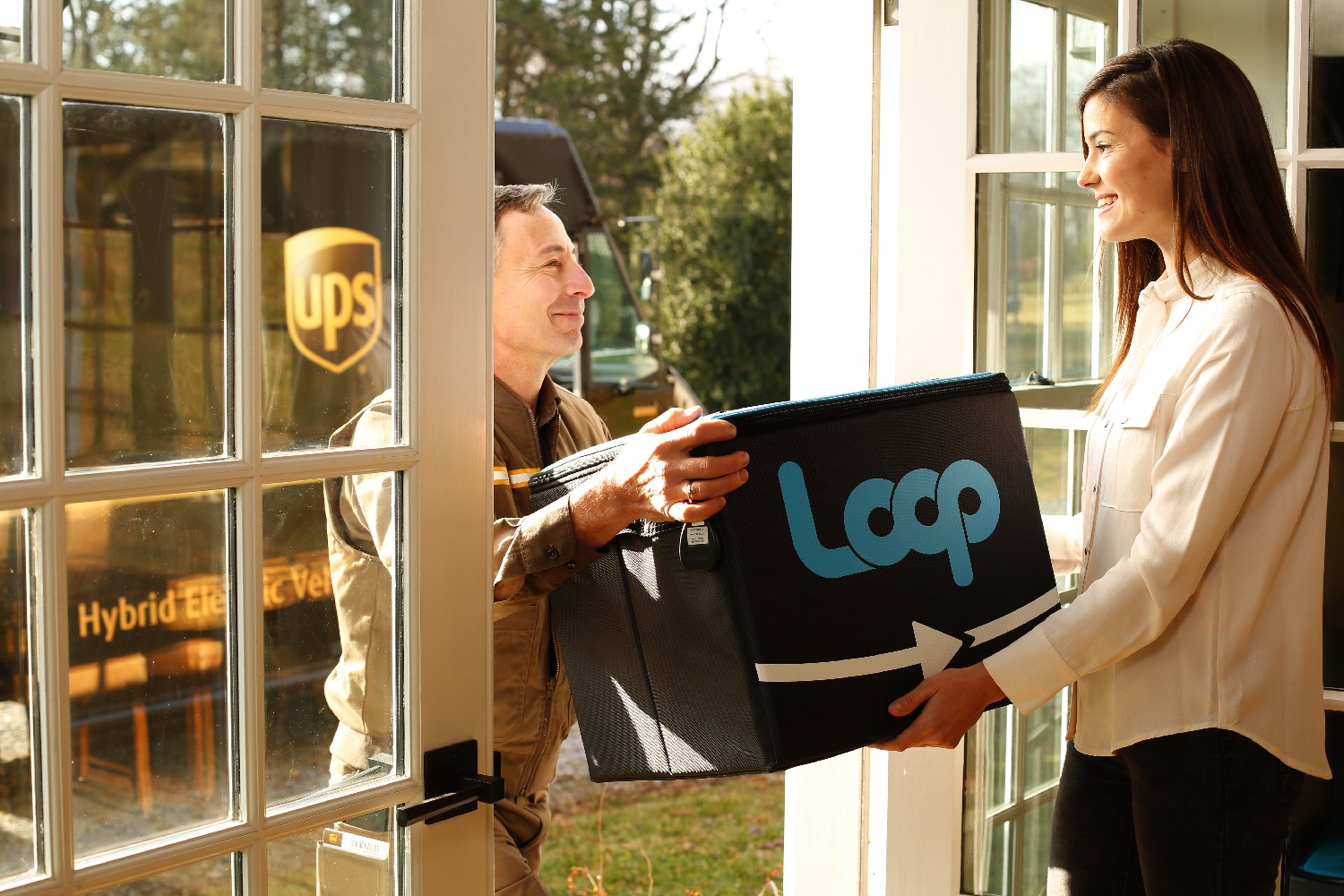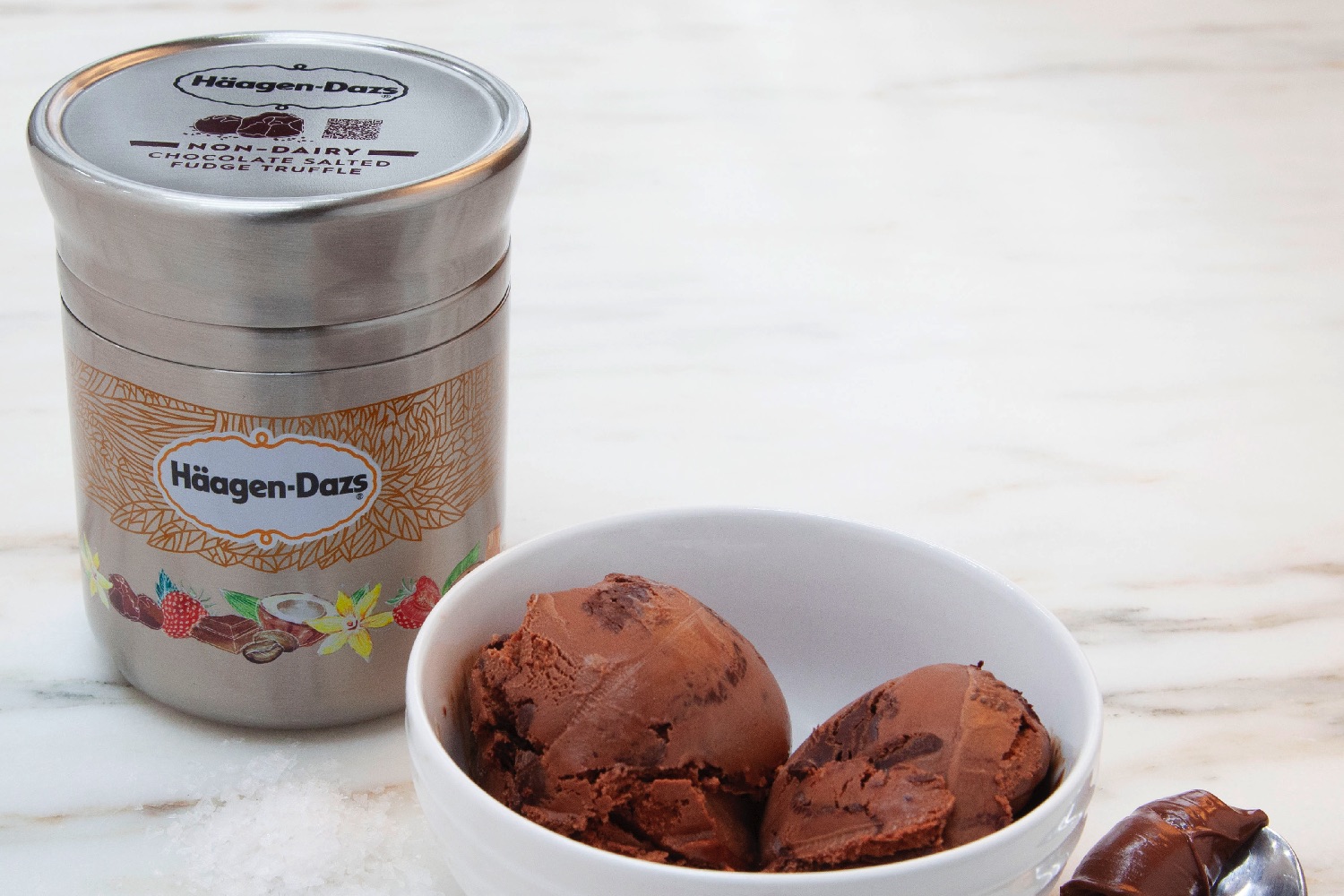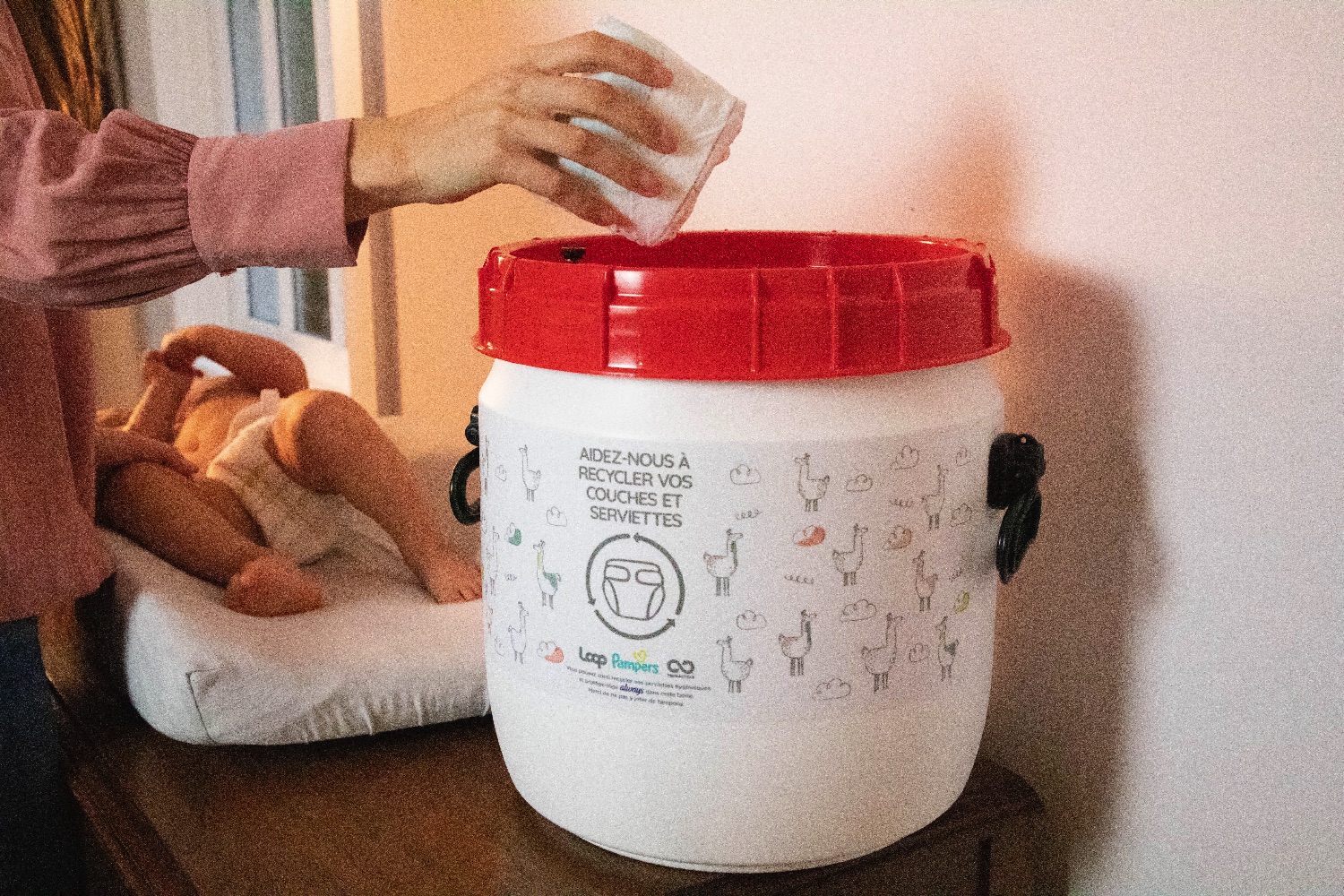It’s no great secret that we waste a whole lot of packaging. Even with a greater focus placed on recycling, plenty of packaging still winds up in landfills, oceans, and a host of other places. A new startup wants to help change that — and it’s doing it by bringing back a business model many of us haven’t seen in years.
“Loop is the world’s first and only known platform that sells a wide variety of branded products in durable reusable packaging,” Lauren Taylor, a spokesperson for Loop, told Digital Trends. “Once empty, the packaging will be collected at a consumer’s home and automatically refilled. It is an age-old concept — [think] the ‘milkman’ of the 1930s — that is being rebooted, modernized, and applied to hundreds of products that were never [available in reusable] models before.”
Companies working with Loop include Pepsi, Unilever, Nestle, among others. Customers can go to the Loop website or Loop partner website and select the products they want. These are then dropped off in state-of-the-art durable packaging. Items range from foodstuffs to household products. There’s no need to clean and dispose of packages once they’re empty. Consumers simply place the empty container into a provided tote bag, which Loop will then pick up directly from their homes while delivering new ones where required.
“We’ve had a very positive response from the public,” Taylor continued. “I think the world is ready for Loop because consumers and manufacturers have come to realize that recycling is critically important to help a symptom, but it is not going to solve waste at the root cause. … To us, the root cause of waste is not plastic; it’s using things once, and that’s really what Loop tries to change as much as possible.”
Loop will be launching in May in New York, New Jersey, and Pennsylvania in the United States, as well as in the Paris metro region in France. It will follow in the U.K. in the third quarter of the year, while customers in California, Canada, and Japan will get the chance to participate in 2020. Should all go according to plan, presumably other markets will open up after that.







